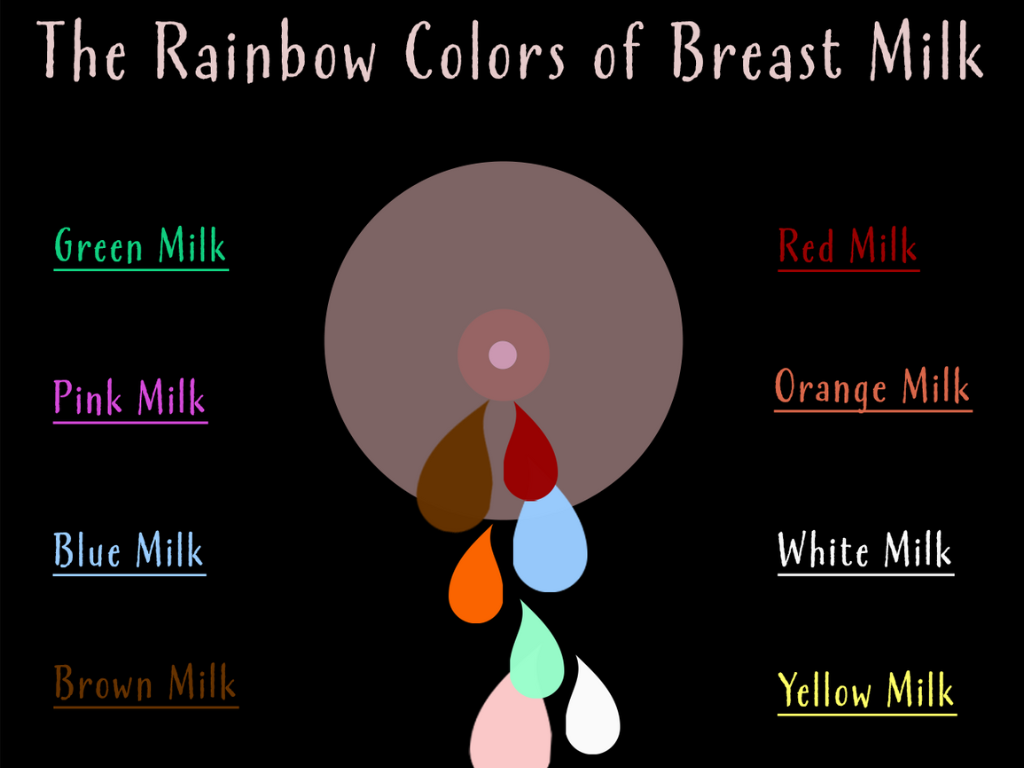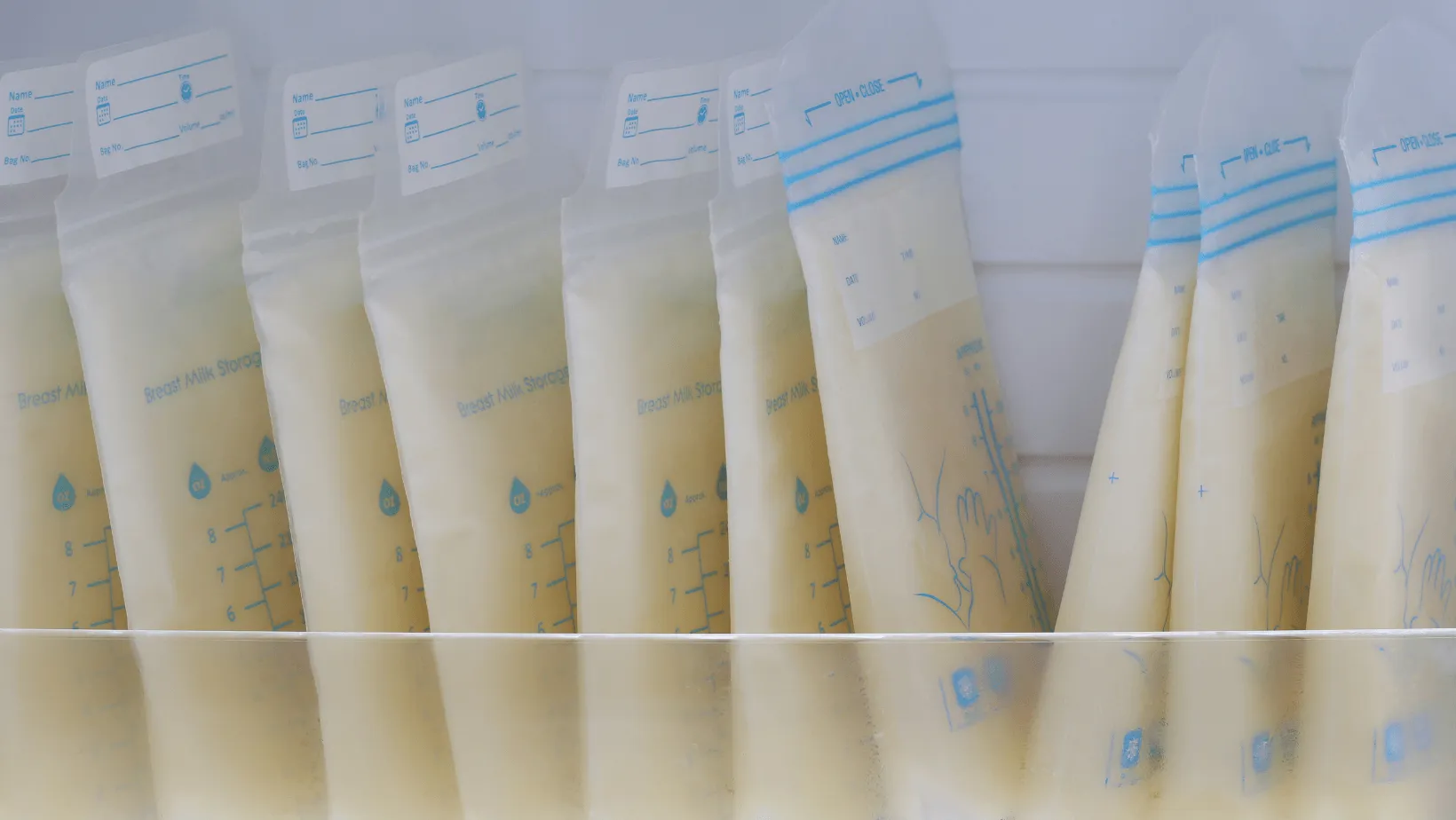-

·
Getting Pregnant While Breastfeeding – Is It Possible?
To make an informed decision, it’s important to understand how breastfeeding can impact fertility and what other options are available. Many new mothers wonder about the possibility of getting pregnant while breastfeeding. While some mothers may want to conceive again soon, others may prefer to wait a while. Could breastfeeding alone be a form of…
-

·
Sour Smelling Breast Milk
Your milk is liquid gold for your baby. Every bit of effort you put into keeping it safe and nutritious is totally worth it Ever wonder why your pumped breast milk smells a bit funky sometimes? This can happen due to various reasons. But don’t fret, there are fixes for these issues too! Pumping and…
-

·
Is Your Baby Getting Enough Breast Milk? Here’s How to Tell
Wondering if your baby is getting enough breast milk? You’re not alone. This guide breaks down the clear signs to watch for—from diaper output and weight gain to feeding behavior—so you can breastfeed with confidence.
-

·
Can Anyone Breastfeed? Are Some Moms Unable? Here’s the Truth
Most moms can breastfeed with the right support, but a small number may face physical barriers. This guide offers clear, mom-to-mom advice on who can breastfeed, common challenges, and what to do when breastfeeding doesn’t go as planned.
-

·
How Many Calories Does Breastfeeding Burn? Should You Eat More?
Breastfeeding burns an average of 325 to 500 calories a day, depending on how much milk you produce and your baby’s age. Learn how this energy use impacts weight loss, hunger, and self-care—and how to nourish your body while feeding your baby.
-

·
Breast Milk Color Chart – What You Need to Know
Breast milk comes in many shades — white, yellow, green, even pink — and each variation tells a story. This guide helps new moms understand what different milk colors mean, when it’s normal, and when to seek help, using an easy breast milk color chart and expert-backed tips.
-

·
10 Breastfeeding Facts That Will Surprise You
Breast milk is more than nutrition—it’s alive, adaptive, and powerful. From soothing pain to shaping taste preferences and even containing stem cells, breastfeeding offers surprising benefits for both mom and baby. Discover ten fascinating facts that highlight why every drop truly counts on your breastfeeding journey.
-

·
Small Breasts? – Nurse Confidently – No Matter Your Cup Size!
Breast size doesn’t determine your ability to breastfeed—glandular tissue does. Whether you’re an A-cup or a DD, your body is likely capable of producing enough milk. Learn how storage capacity, feeding frequency, and expert support play a role in breastfeeding success with small breasts.
-

·
Everything You Need to Know About Using Breast Milk for Baby Care and Beyond
Donated breast milk does more than nourish babies—it can be a powerful medical tool. From supporting fragile infants with heart or kidney issues to helping chemo and burn patients heal, hospitals use donor milk in surprising ways. Its natural antibodies, easy digestibility, and immune-boosting properties make it a vital resource in modern care.
-

·
Should You Worry About Increasing Hindmilk? What Really Matters
Worried your breast milk looks watery? Wondering how to boost its fat content or make sure your baby gets enough hindmilk? Here’s what you need to know: foremilk and hindmilk aren’t two separate kinds of milk — fat content simply increases the longer your baby nurses. This guide breaks down how to support fat-rich milk…